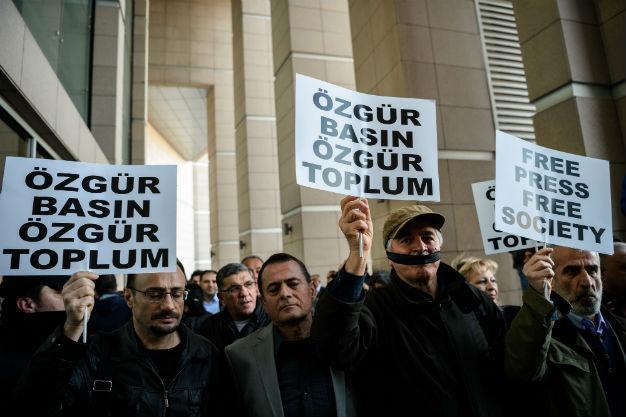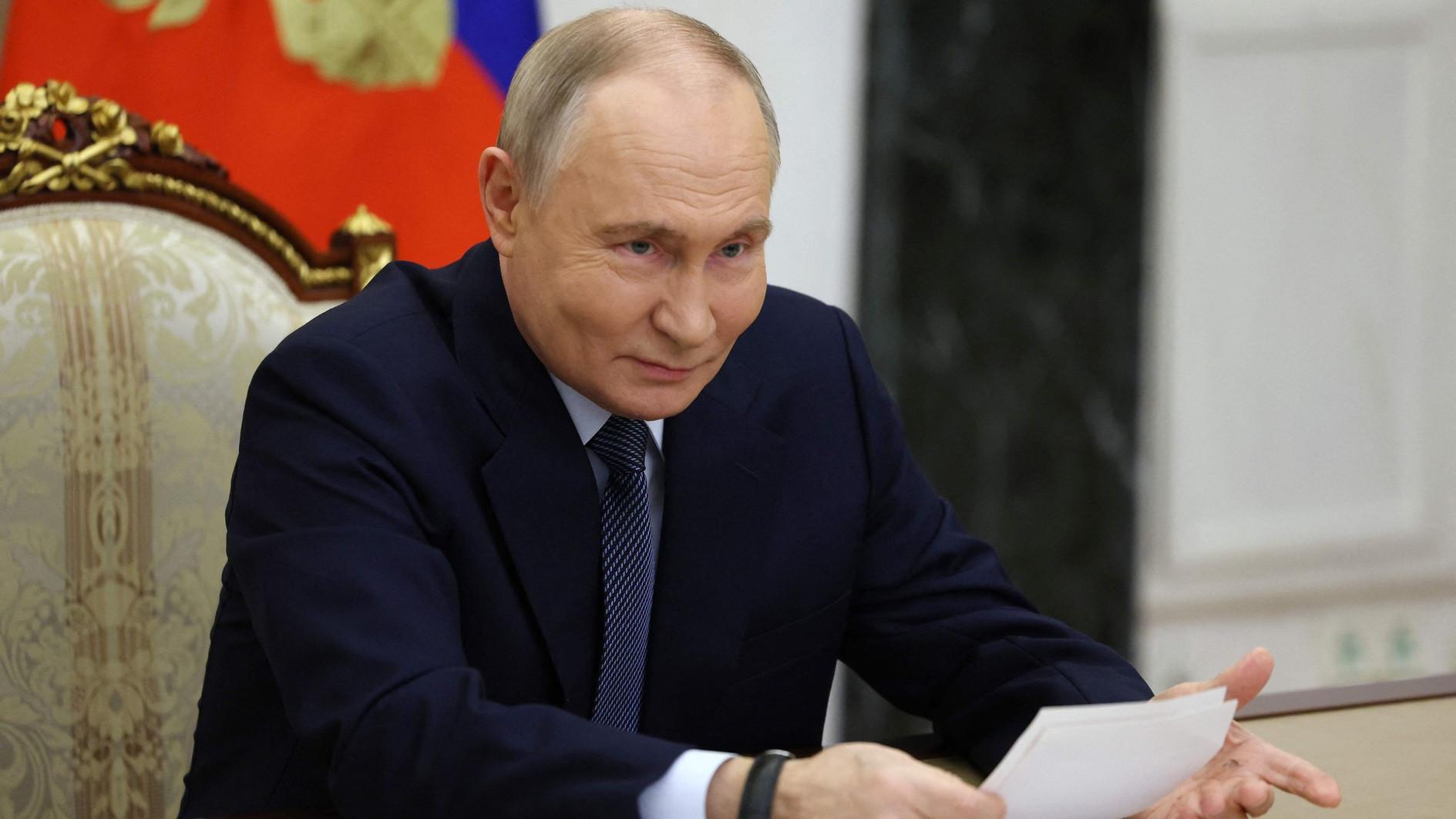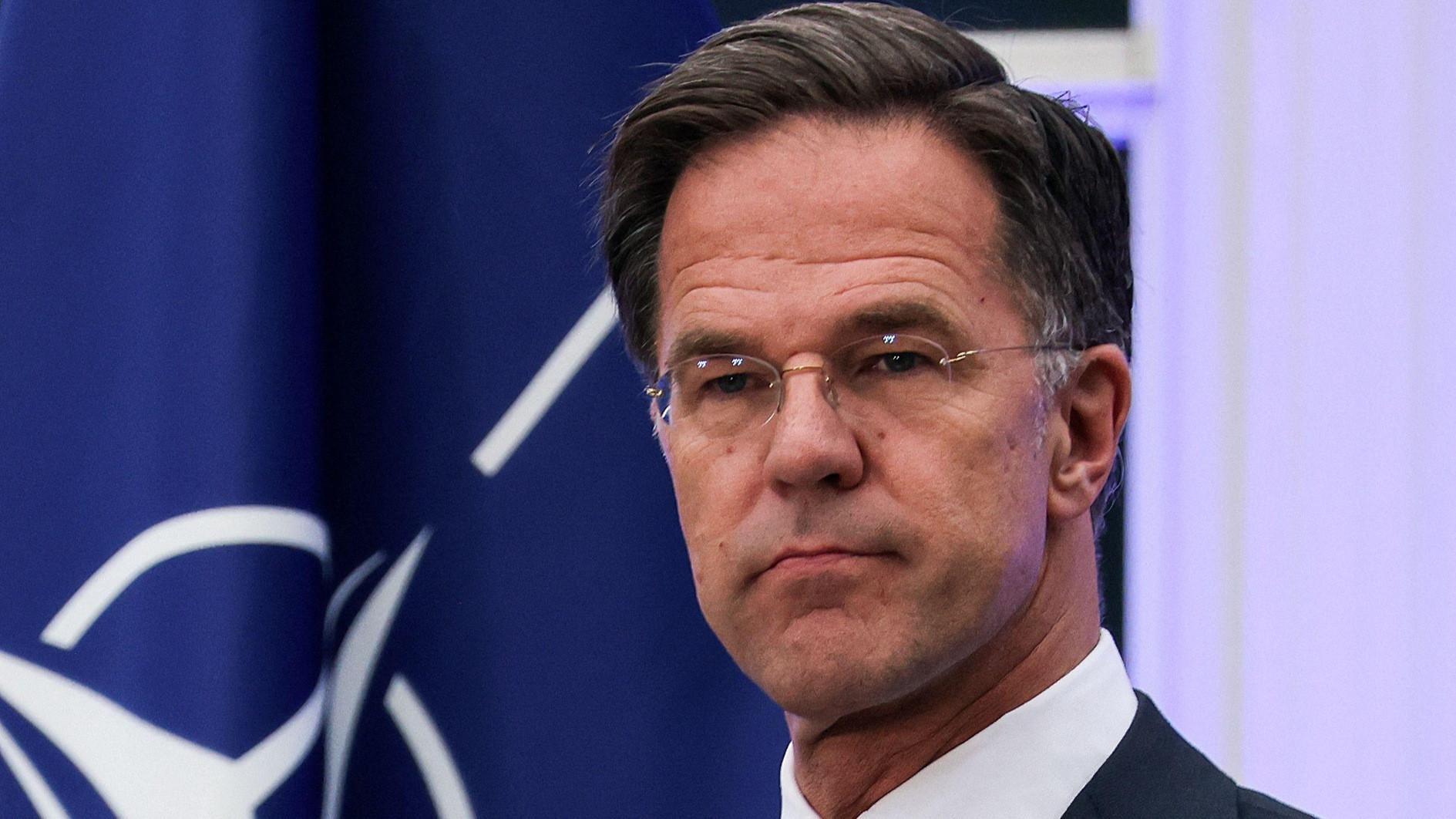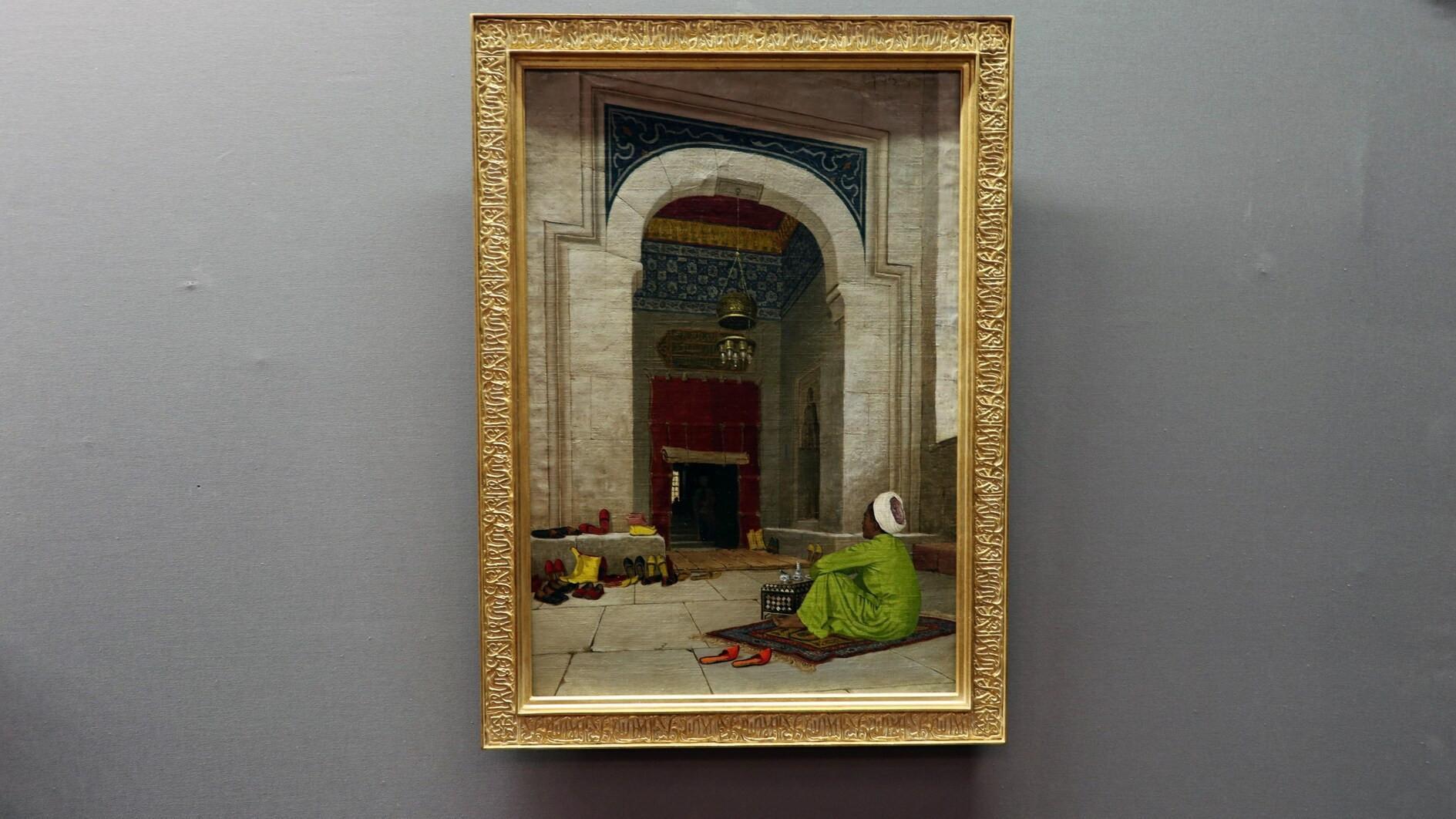Turkey marks World Press Freedom Day amid rising concerns over liberties
ISTANBUL

AFP photo
Turkey has silently marked World Press Freedom Day, a day dedicated to defending independent media and paying tribute to journalists who have suffered consequences due to their journalistic activities, amid rising concerns over diminishing editorial freedoms in the country.The U.N. General Assembly in 1993 proclaimed May 3 as “World Press Freedom Day” in order to benefit from the opportunity to remind citizens across the world of censorship and intimidation of the press and attacks and harassment targeting journalists, editors and publishers.
The U.N. also considers the day a call on governments across the globe to respect press freedoms and is holding a two-day conference in Helsinki to create room for debate.
Turkish press members also marked the day, albeit in a low-key manner, as members of the Journalists Union of Turkey (TGS) gathered in front of Galatasaray High School on central İstiklal Avenue in Istanbul for a press briefing.
TGS chair Uğur Güç read a joint statement and claimed that all rights and freedoms, in addition to freedom of expression, have been suspended in Turkey.
“We are being threatened, insulted, beaten and arrested for reporting. But despite these [obstacles] we do not give up on attempting to reveal the truth,” Güç said, stressing they took to the streets on World Press Freedom Day in spite of attempts to make journalism a crime. He also called for the release of imprisoned journalists.
Main opposition Republican People’s Party’s (CHP) deputy chair Çetin Osman Budak released a statement to celebrate May 3 and underlined that to create a healthy and functioning democracy, citizens must have freedom to information and the press must be free.
CHP Secretary-General Kamil Okyay Sındır reiterated Budak’s remarks, claiming the current period was reminiscent of the intimidation policies during coup d’état periods.
“The cases where members of the press are being tried have come to be known as settlings of political accounts and an irredeemable legal situation has emerged,” Sındır said.
Meanwhile, Turkey’s Independent Communication Network (BİA) Media released a media sbservation report for the first quarter of 2016 and announced that a total 174 members of the press were either fired or forced to quit while 28 journalists and 10 publishers were currently under arrest.
Turkey was listed as a “not free” country in U.S.-based think tank Freedom House’s 2016 report on press freedom, with its score going up six points and thus signifying a “deteriorating” trend.
















